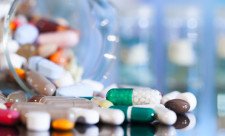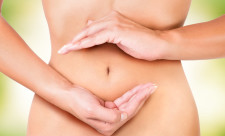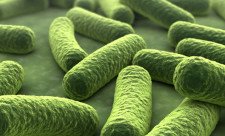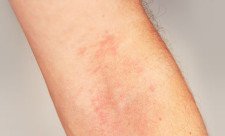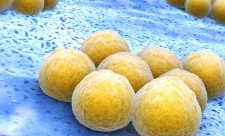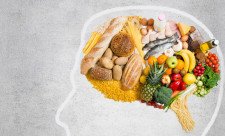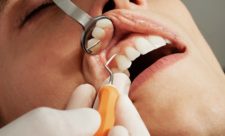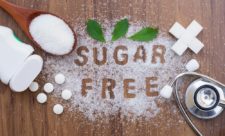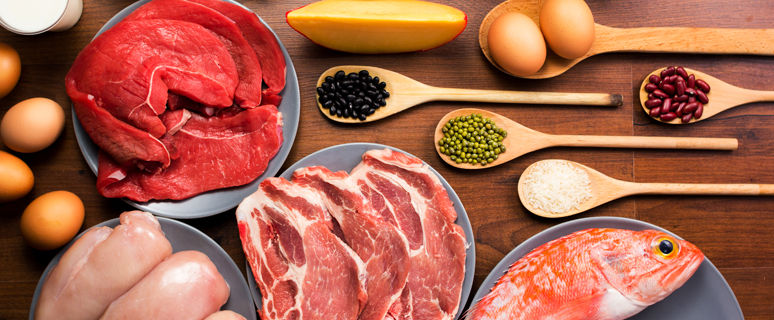
Health-conscious diets often rely on protein-rich food, such as meat and legumes (peas, beans, lentils, etc.). Scientists at the Department for Microbiology and Ecosystem Science of the University of Vienna and at the Duke University in North Carolina (USA) have recently examined the impact of a protein-rich diet on bacterial diversity in the gut. Their result: there is a chronic lack of nitrogen in the large intestine, where many microbes and hence many of our healthy bacteria reside. And one way of producing this much sought after nitrogen is to eat protein-rich food.
Humans absorb most of the nitrogen from these proteins in the small intestine, just as other mammals do. “At the table, the host sits down first gorging himself, before his guests, i.e. the gut microbes, eat”, microbiologist Michael Wagner is quoted in a release published by the University of Vienna. However, the host also provides for his guests “by releasing mucus containing, among others, nitrogenous compounds”. These “purposeful donations of nitrogen” made it possible for the body to control the number and species of bacteria in the large intestine. “Some populations, for instance Bacteroidetes, which significantly help digestion, profit particularly from these nitrogen donations and, if the host is generous, propagate more than others”, the article says.
And the relationship between host and guest works both ways: According to the scientists’ findings, the bacteria are able to place orders, i.e. make their respective nitrogen requirements known and collect them from the body. “In some way, they are able to tell the intestine how many of them it has to feed”, the University quotes Michael Wagner as saying. Hence, a means of communication between the host and its microbes existed.
For this process within the body, a common principle applies: too much is never healthy. Food extremely rich in protein will upset the system and prove to be a contra-productive diet, the scientists emphasise. Turning nitrogen from a scarce commodity to something that’s always available means robbing the gut of a means to control the bacteria living within it. The result: Not only healthy bacteria, but possibly also less useful or even harmful bacteria propagate. This could be one explanation for the digestive problems resulting from high-protein diets.
Dieser Post ist auch verfügbar auf: German

 7. Dec 2018
7. Dec 2018 Popular
Popular Recent
Recent Comments
Comments
